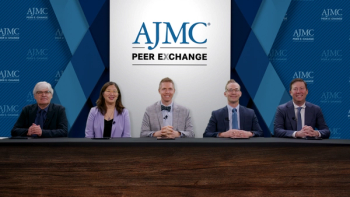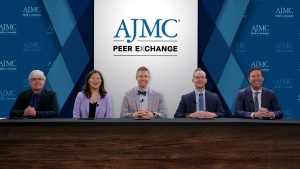
Panelists discuss how the landscape of small cell lung cancer (SCLC) treatment is rapidly evolving, highlighting key advances in immunotherapy, targeted treatments like tarlatamab, and ongoing research efforts, while emphasizing the importance of early diagnosis, appropriate staging, and personalized treatment approaches to improve patient outcomes and quality of life.




